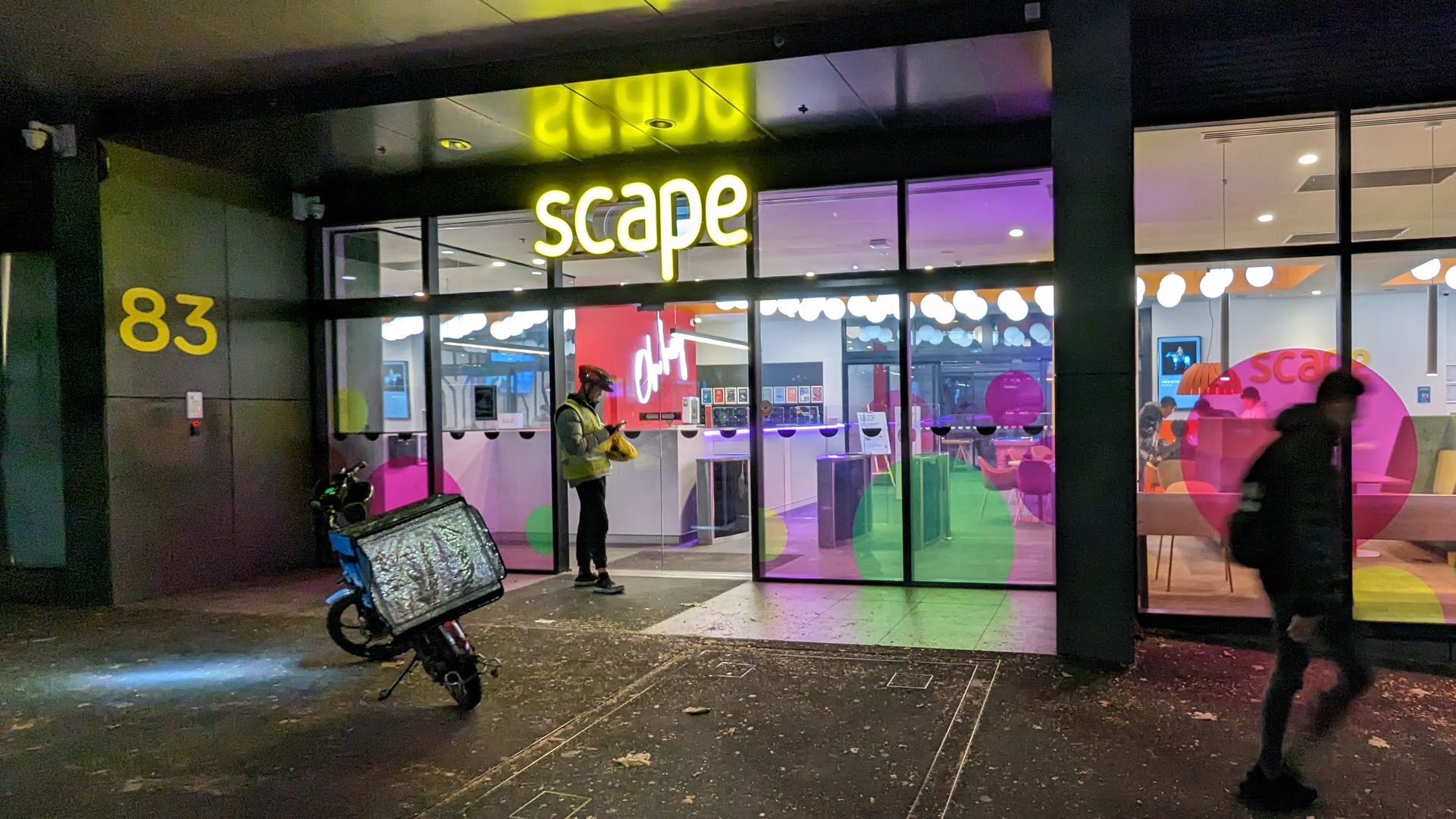An “intelligent, dedicated” woman – a Chinese international student, took her own life in January this year after struggling to afford rent and buy food.
This is the headline of a widely circulated article spreading on the Chinese internet. It depicts the crisis of a Hong Kong student in London suffering from the effects of inflation. She feared that she might not be able to remain in the UK, and the anxiety eventually led to the tragedy of suicide.
Since 2022, a similar crisis has emerged within the Chinese International students community in Australia, with Chinese students at UNSW queuing for government food aid to save money becoming a headline. The crisis continues.
Housing: the central impacted area
The ongoing price crisis began when the economic effects of the covid pandemic became evident. A Forbes report states that inflation rates have shot up to record highs since 1990, with quarterly inflation of 1.9 at the beginning of 2023.
Every day all forms of business services are surging in price as a reaction to businesses’ pursuit to catch up with inflation and make revenues to balance their budgets.The inflation crisis, compared with the situation in 2022, is deteriorating despite optimistic news of economic recovery.
The price rises affect almost every industry, but one of the largest impacted areas is the accommodation sector which had other contributing factors before the inflation surge.
In 2020, there were already signs of the crisis as the low vacancy of rental properties was at 0.9 per cent while the number of people who need accommodation rose due to an increase in population and the return of international students.
As a result, the median rent price jumped 24 per cent to $620 AUD in 2023. The ABC reported that some students even had to purchase tents because they could not find accommodation.
This drastic rise in rent greatly impacted students’ budgets, leading families to reconsider whether they should continue to support study in Australia or look at other options available to them.
Qinchun Yang, a 26-year-old IT engineer, is currently planning to study for a master’s degree but is undecided between Australia and US.
“I think Australia has an exaggerated price for commodities and especially food today,” he said. “I found it’s hard to keep a decent amount of consumption compared to the 2021’s time when I was in the US.”

How deeply is the student community affected? Would the crisis risk their study process now?
Li Tang, a 22-year international student at the University of Sydney, considers international students a highly variable group.
“My budget outside accommodation has been greatly reduced to $900 because of this price crisis, and I have to work 9-5 with 5 hours sleep per day.
“On the other hand, my university team mate does not need to do jobs, spends $1000 per week on accommodation, and has a $75 diet daily. We are a diversifying group.”
While the price crisis causes foreclosure, the termination of a student’s income from a family makes a good topic for headline news, such as the ABC reports of former university student Bella Sears, the situation for Chinese international students differs from that of local students.
The demographics of Chinese international students vary. According to a studyportals.com‘s report in 2019, studying in Australia’s higher education costs an estimated $20,000 to $45,000 Australian dollars annually per year. This large sum of money limits access to middle-upper class Chinese families who can afford it, and often those who come to Australia have different family incomes.
Wendy Wang, a Chinese student agency’s representative working in Melbourne, said families who send their children abroad have different economic conditions.
“Nominally, Chinese students’ families can sustain inflation as they usually prepare sufficient reserves for their students,” she said. “However, some cases didn’t consult agencies in advance or remained poorly informed about the risks of studying abroad.”
She explained that the price crisis can led some students to end their studies due to the impact of covid on family businesses, while civil servants who can secure their incomes suffer less, despite many having a less average available budget for their children.
While it may be an overstatement that students will not choose to study in Australia or terminate their studies because of the price crisis, this will undoubtedly put more pressure on them.
Resilience of a community
Yeganeh Soltanpour, the National Public Relations Officer of the Council of International Students, said that while the crisis is ongoing, the Chinese international student community has faced the challenge with resilience.
“The Chinese community has been resilient as the whole international community [sic] as they would always strive to retain their studies here,” she said.
“There are multiple ways to mitigate the impact of the crisis, such as attending social campaigns, start working on multiple jobs, seeking alternative cheaper options, sharing rooms, and many more.
“We, as an association, always campaign for and organise events to promote rights of international students and raise awareness in defending their rights, and forming a united voice.”
But Soultanpour points out difficulties unique to the group. The language barrier is the most challenging for Chinese students looking to find cheaper housing and secure better-paid jobs. Despite this, she remains optimistic about the Chinese international student community and the future.
“I think the housing crisis has started to mostly calm down in South Australia, despite not being the case in Melbourne or Sydney,” she said. “International students will always stay resilient to weather the crisis, and I do not underestimate thei resilience. We are glad to see that.”
Tang gets the last word: “I do suffer from the extra stress of working 9-5 and sleeping only 5 hours a day; it is a great amount of stress, but I still can manage to stay.
“I have a dream to catch and cannot afford to lose here.”


